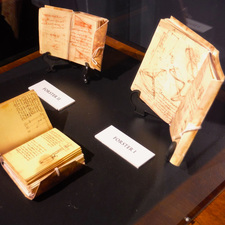 We just finished our first week of school at Harvest, easing the classes back into daily and weekly rhythms and good habits. Every year we choose one life of Plutarch and one Shakespeare play. This year, the elementary class and high schoolers are studying Alexander the Great and Macbeth. Every term we choose an artist, a composer, and a handwork. Yesterday we kick-started the Friday Feast by watching Fantasia 2000's take on George Gershwin's Rhapsody in Blue, reading our first bit of Plutarch's Alexander the Great, getting a peek at the Leonardo da Vinci exhibit that our curriculum coordinator visited over the summer, and building some of the geometrical designs that da Vinci drew for a friend's book. After Labor Day, we will kick-off Shakespeare. Each class has a particular focus in history. Primary A is doing tales from different times to introduce them to stories of various people. Primary B is working their way through the Middle Ages with tales of knights, vikings, kings and queens, and Robin Hood. Elementary is studying the middle and southern colonies of our country and the Revolutionary War. High School is also studying that timeframe through higher level books. You can learn more details about each class by going to their individual pages on the website. Regardless on their focus in science, the entire school will have their eyes turned upwards in the third term in anticipation of an exciting astronomical event that has not occurred in this part of the world since I was a child in grade school -- a total solar eclipse. Since August 21, 2017 is just at the dawn of a new school year, we want them to end this school year anticipating the big day! How did we ease the classes back into a groove? We worked on developing the habit of attention. For the little ones it means alternating working hard on tasks that require intense concentration and then doing something active or hands-on before going back to another challenge. When they weren't setting up their notebooks and practicing the habits they had by the end of last year, the elementary class did team building activities like the paper chain challenge and building and testing a beam bridge. They started reading books including their at home book. 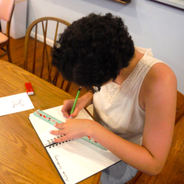 High school got into the routine of home room and 45-minute classes with different teachers in different rooms and a different mix of friends for each. They started reading and narrating several books including the Bible, began their second language lessons (German or Spanish), worked on math lessons, and launched several threads in chemistry (took an inventory of supplies, made periodic table study cards, and learned about lab safety and notebooks). Our Harvesters also had time to build community at recess, on nature walks, for a birthday celebration (with a special visit from one of our alumna), a visit to Lake Marion Nursing Home with our therapy puppy Maci, and lessons in dry brush. We know that our Harvesters were excited this week and experienced moments of joy, wonder, and delight. We are very thankful that God has seen fit to bring in new friends and new families so that we can learn more about Him, the world, and the people who live in it.
0 Comments
Last year our staff, leadership, and governance entered the final phase of accreditation by the South Carolina Association of Christian Schools (SCACS). We assigned the twelve standards to different members of the staff and put many hours into a self-study to figure out where we stood. We gathered records, wrote documents, conducted interviews, and put many pieces into place. In early April, we turned in a twenty-four page written report with supporting documentation and prepared for the arrival of SCACS’ three-member team led by Mr. Edward Earwood. They studied paperwork, observed classes, interviewed teachers, students, and parents, toured the facility, and poured through manuals. Before they left, the accreditation team highlighted a couple of commendations and recommended Harvest for a full accreditation. We are thankful for God’s provision of patience, diligence, and clarity of thought during this process. We are also grateful that the team came alongside in Christian fellowship, saw our strengths, offered insight, and put our weaknesses into perspective. We see this as an opportunity to improve Harvest. They assessed philosophy, missions, and goals; governance and leadership; school improvement planning; finances; facilities; school climate and organization; health and safety; educational program; assessment and evidence of student learning; student services; student life and student activities; information resources and technology. Last month we received the written report in the mail and we thought you would like to know what they observed about Harvest. In eleven categories, we received a rating of effective — out of the possibilities of absent, emerging, effective, and exemplary. The lone rating of emerging in school improvement planning is typical for a first-time accreditation visit because schools cannot write these plans until they receive a report from the team. They commended Harvest for:
To finalize the accreditation, we will submit some documents and write our first school improvement plan in the fall. The team concurred with some initiatives that we had already identified in our self-study. We plan to develop expected student outcomes; align our administrative manual with all manuals and handbooks; improve our record-keeping system; add more office space; find meaningful and manageable extra-curricular activities; adapt our existing curriculum manuals to Harvest so that we can adjust them after reviewing student outcomes; and many more initiatives. We will slowly implement these plans over the course of the next five years. We would like to thank our staff and board, our families and students, and the accreditation team. The past three years have been a season of preparing soil, sowing seeds, cultivation, and reaping a harvest. We are looking forward to seeing what Harvest will yield with your continued support and prayers and God’s provision and blessing. And let us not grow weary of doing good, for in due season we will reap, if we do not give up. Galatians 6:9
Last summer, the CiRCE Institute, a leading provider of inspiration, information, and insight to classical educators throughout North America, launched a new podcast called The Mason Jar. Homeschooling veteran, Cindy Rollins has interviewed a diverse group of Charlotte Mason educators for the series. Some episodes are driven by their listeners' questions. In her thirteenth interview, Cindy and Tammy Glaser talk about running a Charlotte Mason school, specifically our very own Harvest Community School. Grab a tall glass of iced tea and listen into their conversation.
... "In this episode of The Mason Jar, Tammy Glaser joins Cindy Rollins to discuss her Charlotte Mason school in South Carolina (Harvest Community school), the ways a CM education has helped her autistic daughter, her advice for CM schools and teachers, and much more. Topics include how Tammy discovered Charlotte Mason and how it helped her autistic daughter (4:00), the founding and mission of her school (7:40), cultivating an understanding of CM in teachers (16:40), a day in the life of her students (20:00), pitfalls to avoid (35:00), the joys of teaching CM (43:30), and more." If you enjoyed this podcast, you might be interested in tuning in other episodes. |
HCSA community called to offer another way to learn for students in Clarendon County Archives
December 2019
|
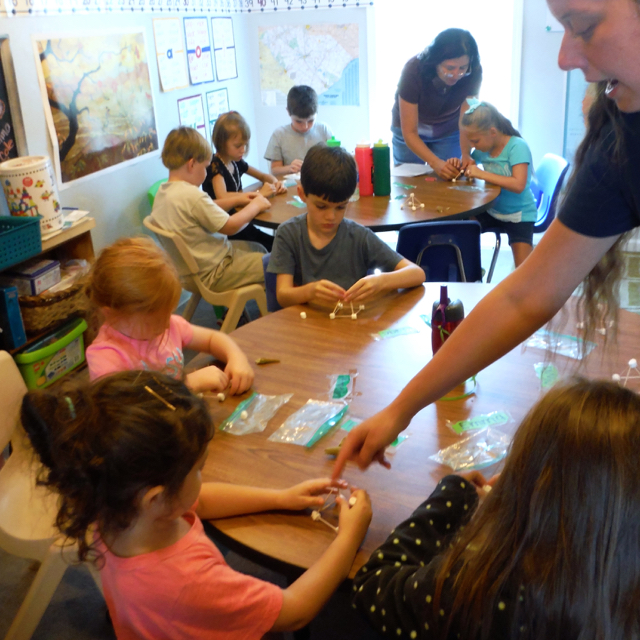
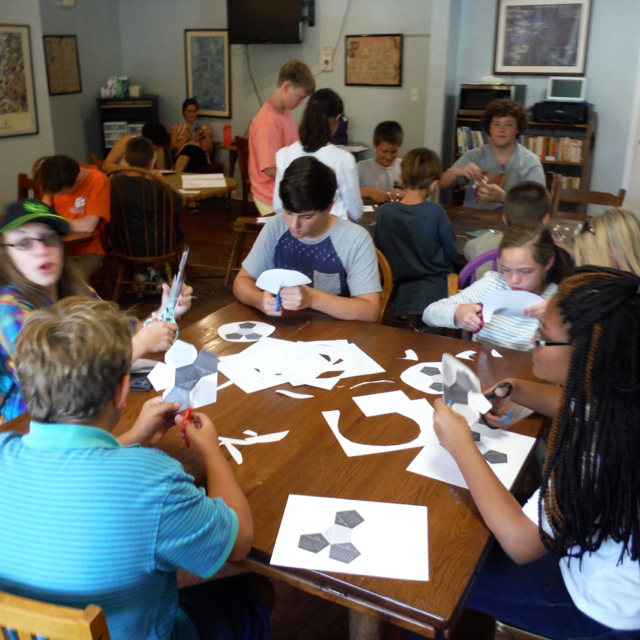
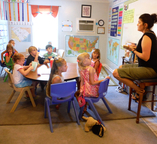
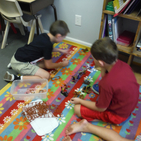
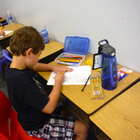
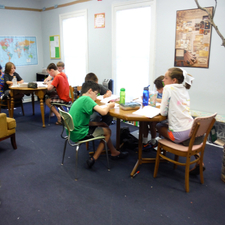
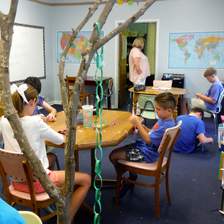
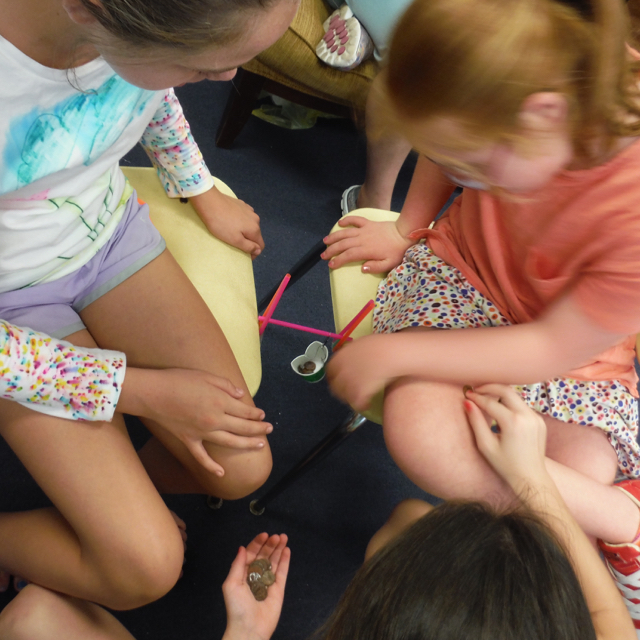

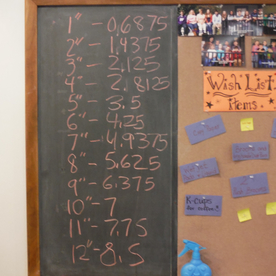
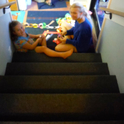

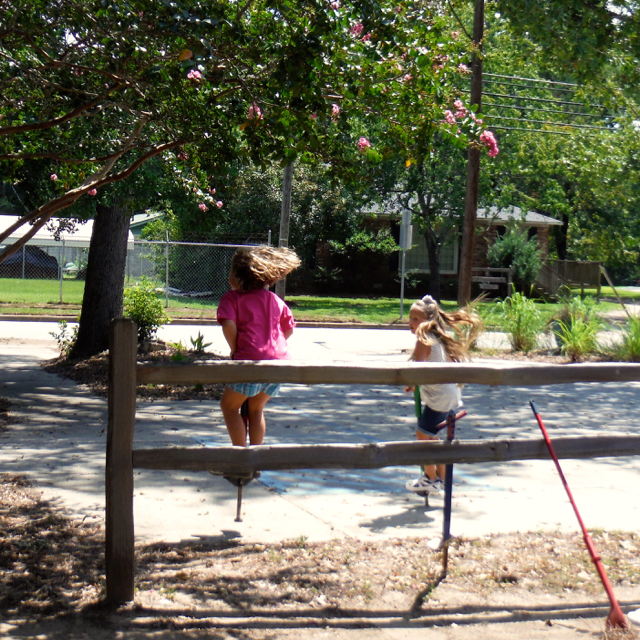
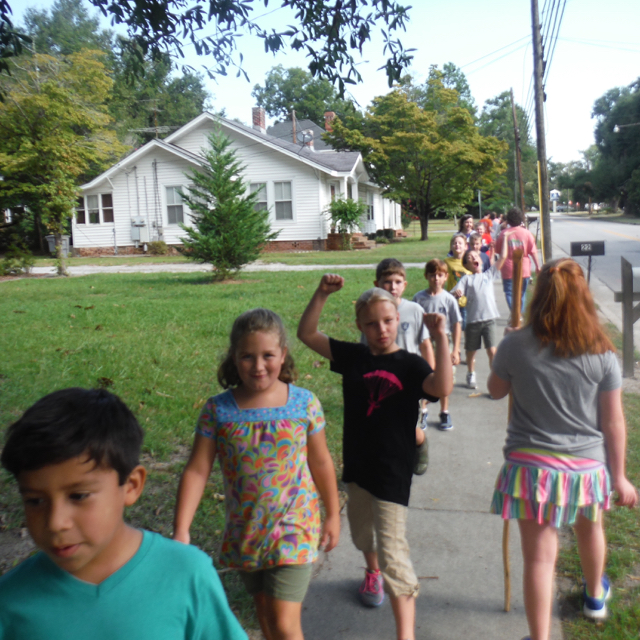
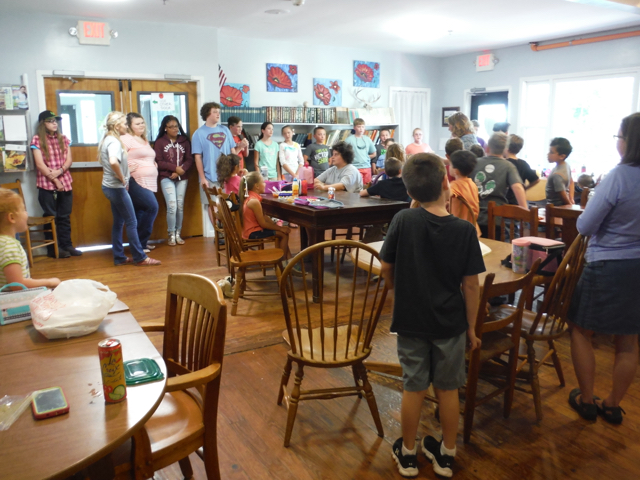
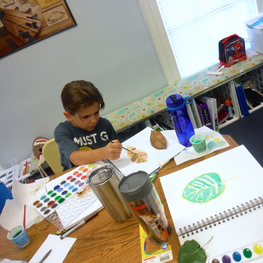
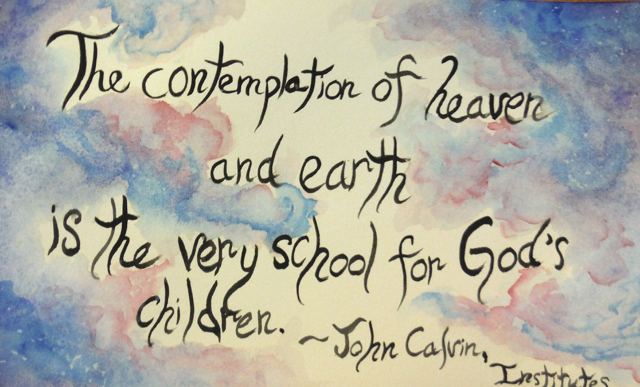
 RSS Feed
RSS Feed
